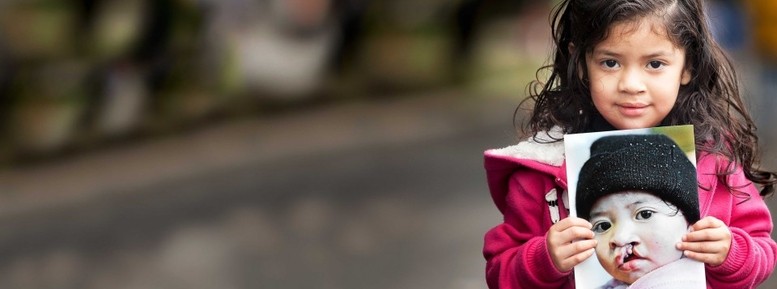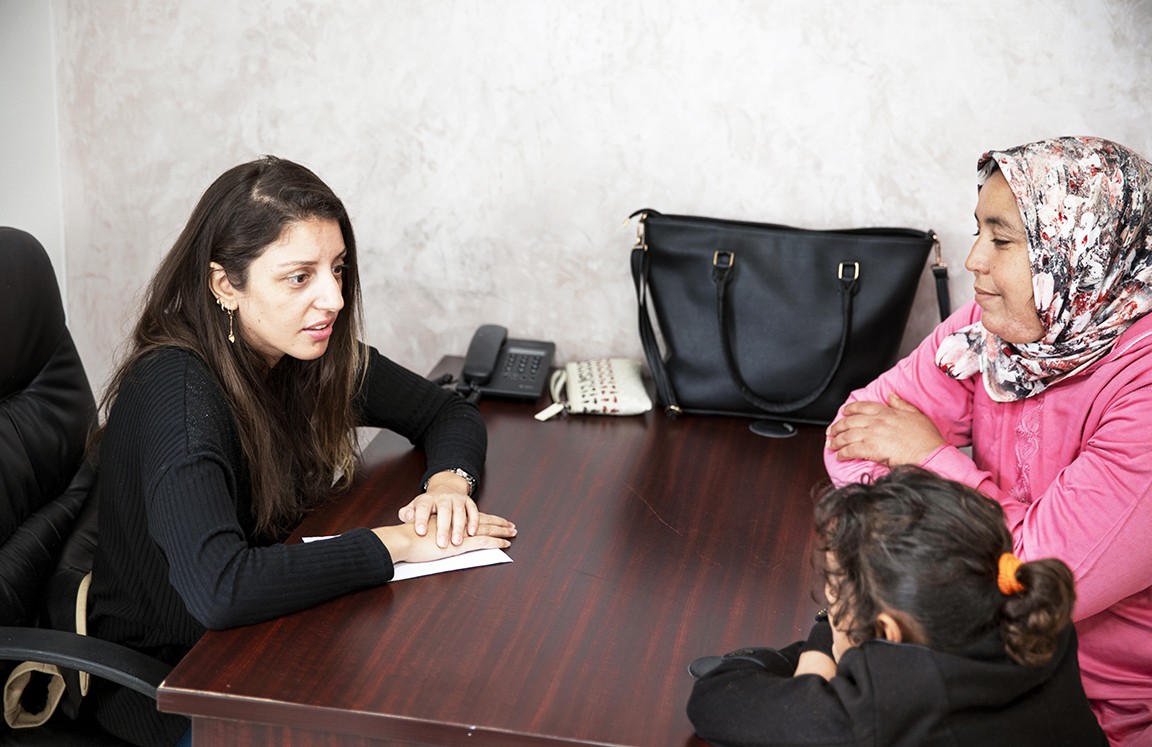
Unlike many of our volunteers whose impact on the lives of children affected by cleft conditions begins with surgery, psychologist Chorok Al Hodi’s work often begins before the patient is born.
“At the center, I take care of pregnant mothers,” Chorok said. “I try to work with the mother and show her that she must help her child. She must take care of her child.”
Whether a cleft condition is discovered during a prenatal ultrasound or immediately after the child’s birth, it can strike fear and uncertainty into the hearts of parents. While some families feel incapable and unprepared to care for their child, others believe they are to blame. As those thoughts of hopelessness and guilt emerge, volunteer psychologists like Chorok help ease a family’s anxieties and motivate them to never give up.
Not only does Chorok support parents, but she also empowers patients and helps them embrace the reality that their cleft condition doesn’t define who they are or what they are capable of achieving in life.
“I hope to see patients very happy in their lives, to see them satisfied in their professional and personal life,” Chorok said. “I hope to see them accepted in society and that they accept their condition. That they accept their own image.”
Sitting down with Chorok during one of Operation Smile Morocco’s first surgical programs since the start of the COVID-19 pandemic, she shared the challenges she overcame to continue treating patients and why her skills are a vital part of comprehensive cleft care.
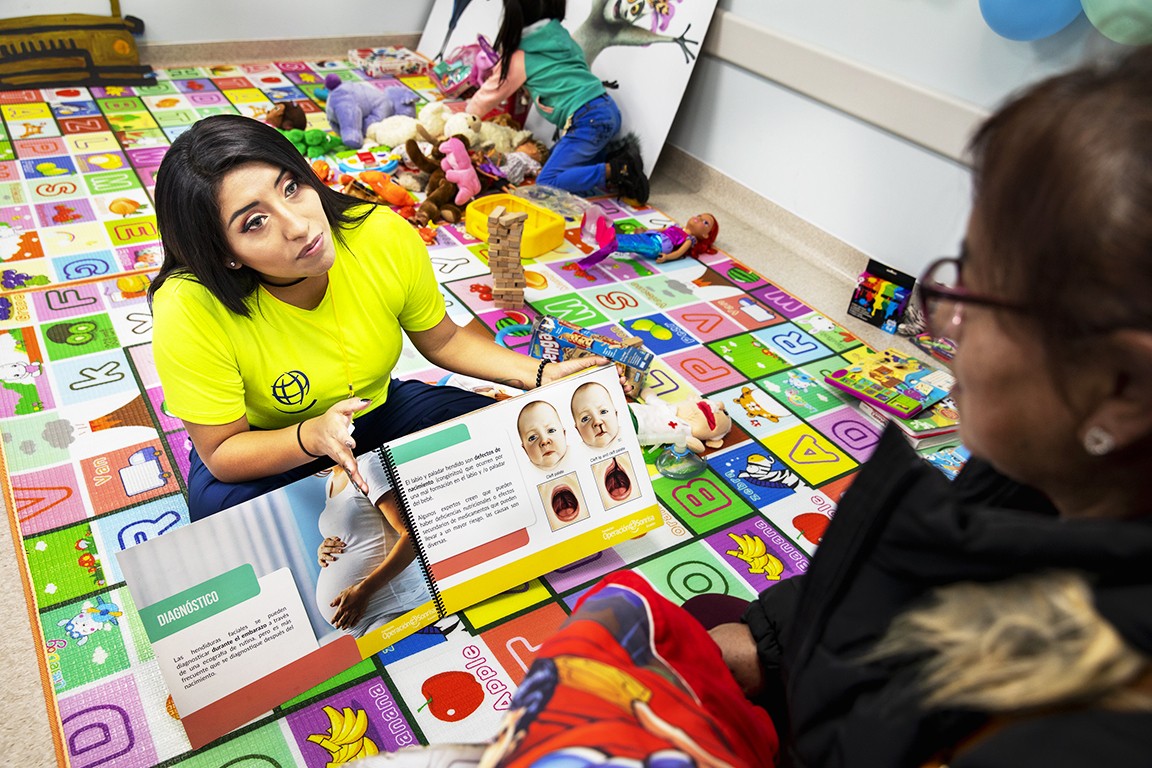
Q: What inspired you to start volunteering with Operation Smile?
A: “What inspired me to join Operation Smile were the children and the parents. Cleft lip and cleft palate are not very well-known, so Operation Smile tries to raise awareness about this type of condition. I also liked the way the association works and the progress it makes with the children.”
Q: How did the COVID-19 pandemic impact your work as a volunteer psychologist?
A: “With the missions with Operation Smile, I love traveling. I felt frustrated. At the time of the lockdown, it interrupted our work. On the other hand, I worked online. Imagine a child at home, all day long, no school, no activities. With videos, I worked with the children and parents. I gave tips to the parents on how to act with their child. For the children, I showed how to create activities at home.”
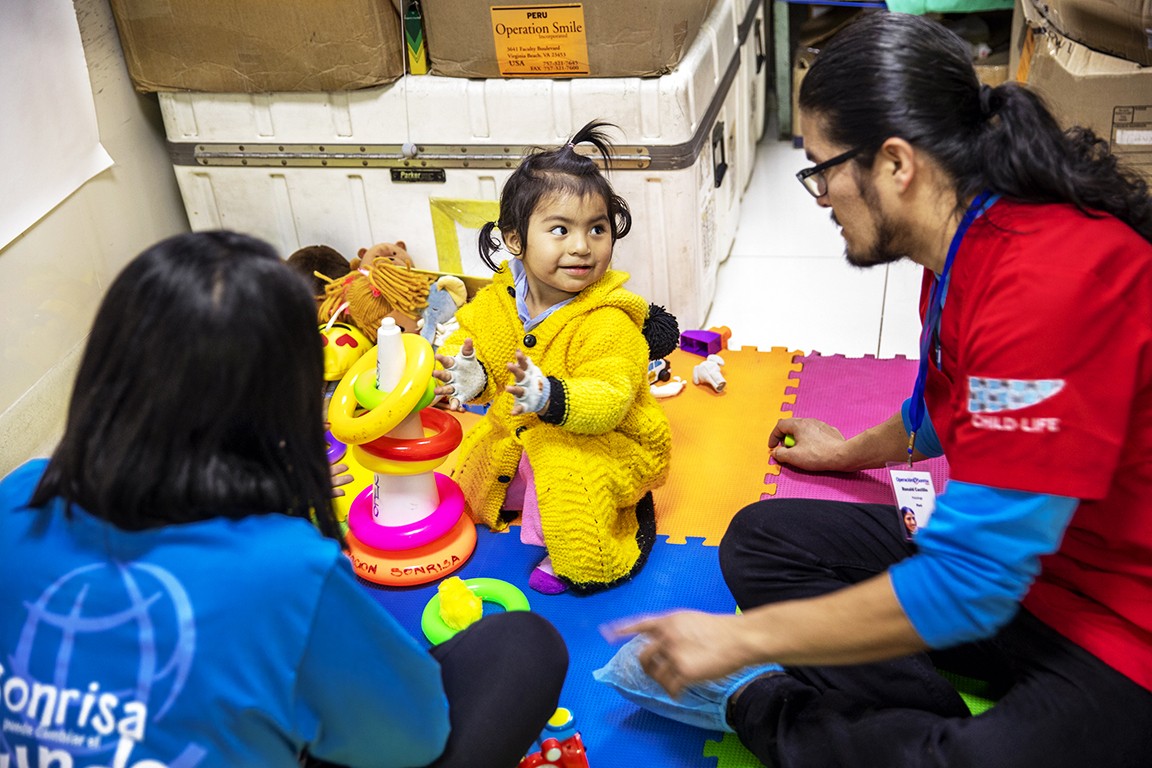
Q: Why is your role as a psychologist and the patient care you provide so important?
A: “With Operation Smile, what I do at the care center and during the missions are two different tasks. At the center, I take care of pregnant mothers and mothers who have given birth to newborn babies. When a mother has a child with cleft lip and they don’t have access to much information about the condition, there’s shock. I try to work with the mother and show her that she must help her child. She must take care of her child. I do the same thing with the dads as well. Around the ages of 2, 3 and 4 years old, school is introduced, and the child must accept themselves. We know very well that there is discrimination in school and in society. Patients will likely face this discrimination.
“For my role during the missions, I prepare children and parents for surgery. After surgery, I try to work with the patients because there are children who are scared. I try to work with them and calm them down. I also help the parents to accept, especially mothers, to accept their child more after surgery.”
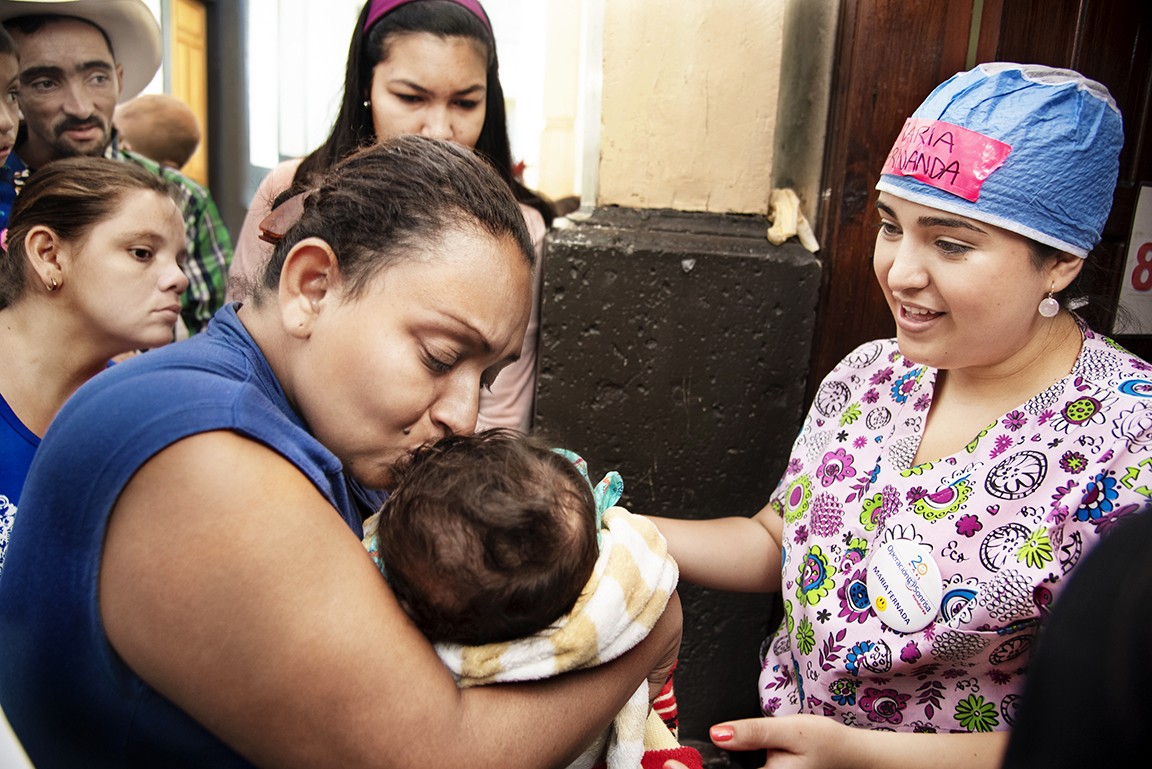
Q: From the beginning to the end of your care with them, how long do you tend to continue treating a patient? What are your hopes for them after they leave your care?
A: “There is no time limit. In relation to cleft lip and cleft palate, for example, the child may be subject to discrimination at school and in life. There’s a lack of confidence toward the teen years. It depends on each case. It's unlimited.
“I see them as a part of me. Operation Smile has become a part of me. I hope to see patients very happy in their lives, to see them satisfied in their professional and personal life. I hope to see them accepted in society and that they accept their condition. That they accept their own image.”
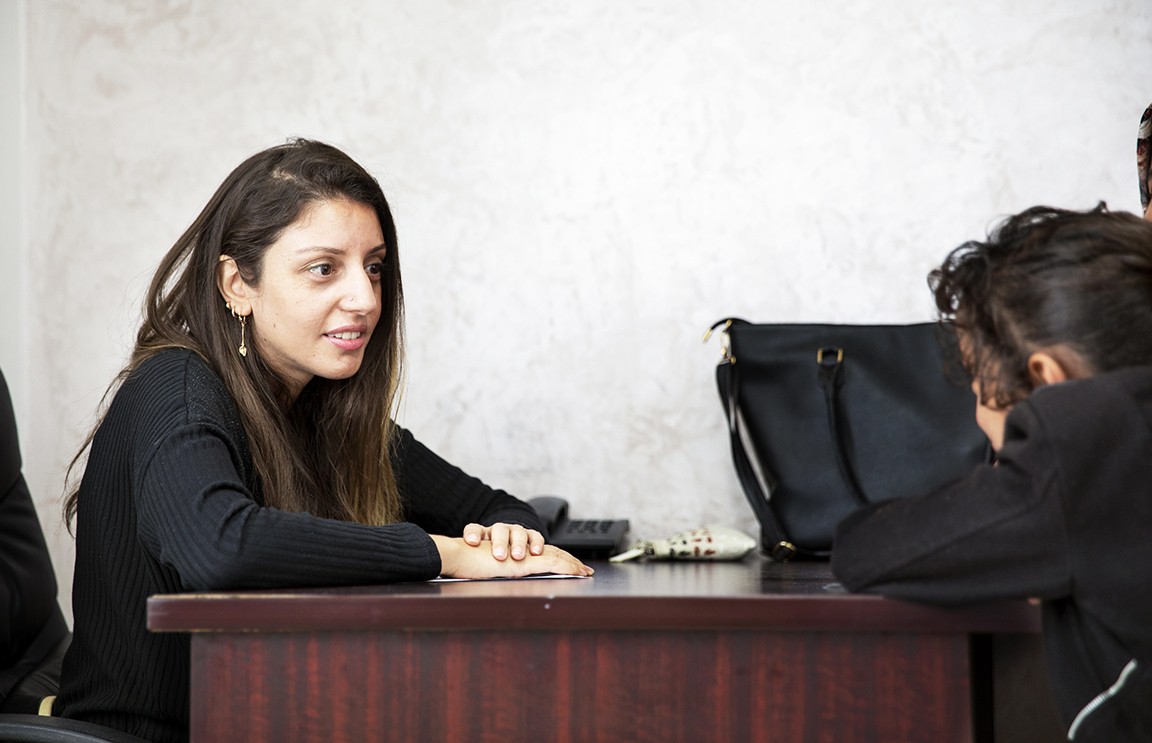
Our promise of improving health and dignity during the COVID-19 pandemic endures. Once again, we’re providing surgery and in-person care while taking stringent measures to keep families safe. Hope is on the horizon. And we remain focused on what cleft care makes possible for children, helping them to better breathe, eat, speak and live with confidence.
Latest Stories

Mateo's Journey

Meet Isaac

